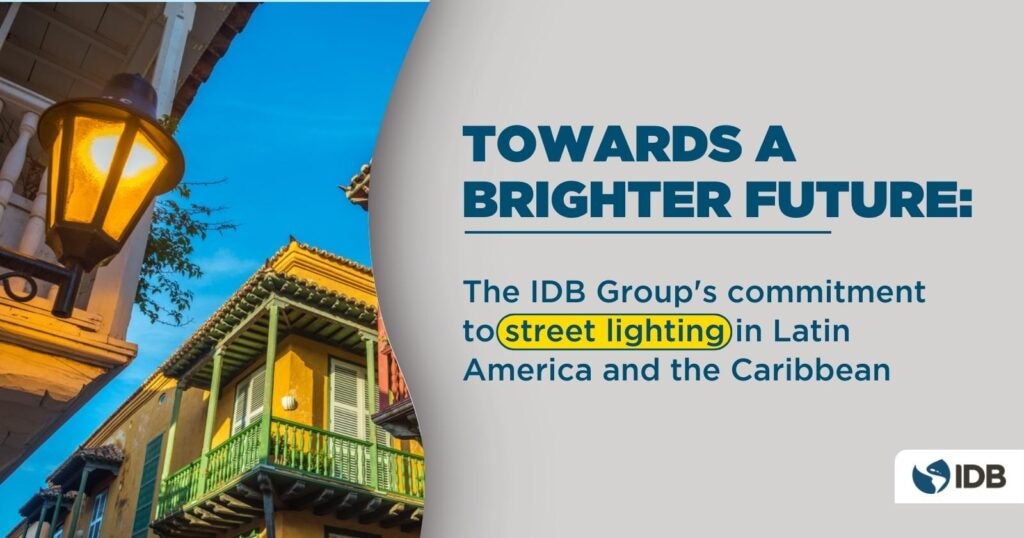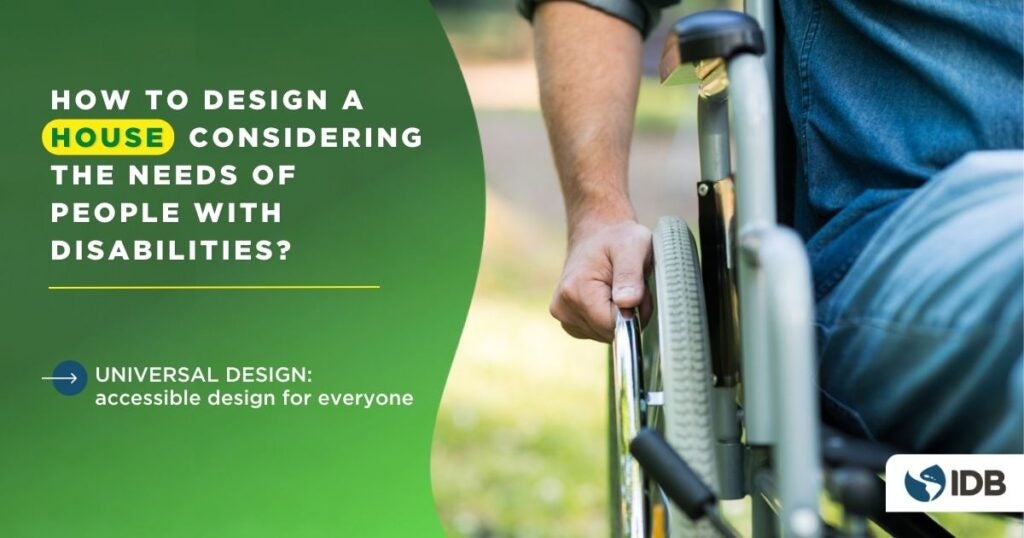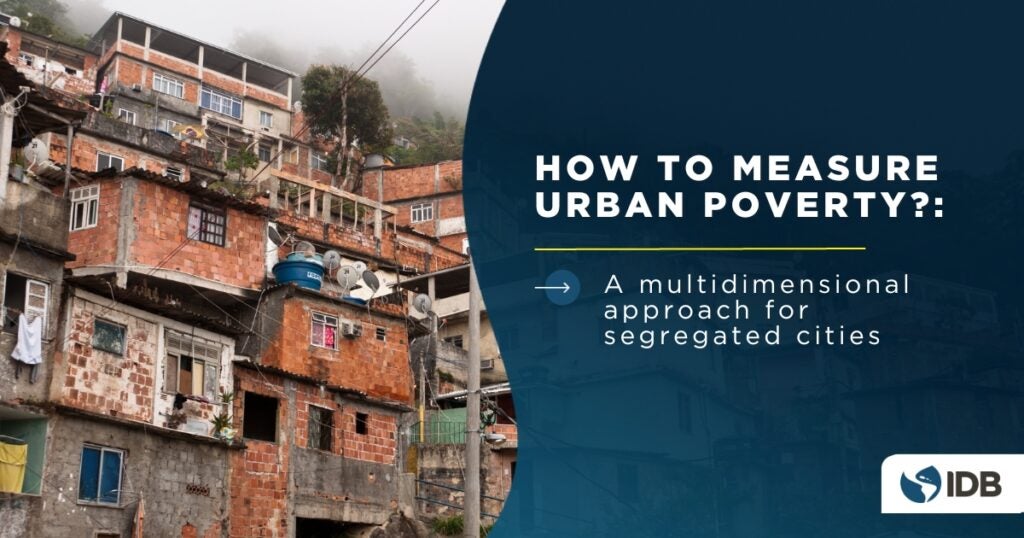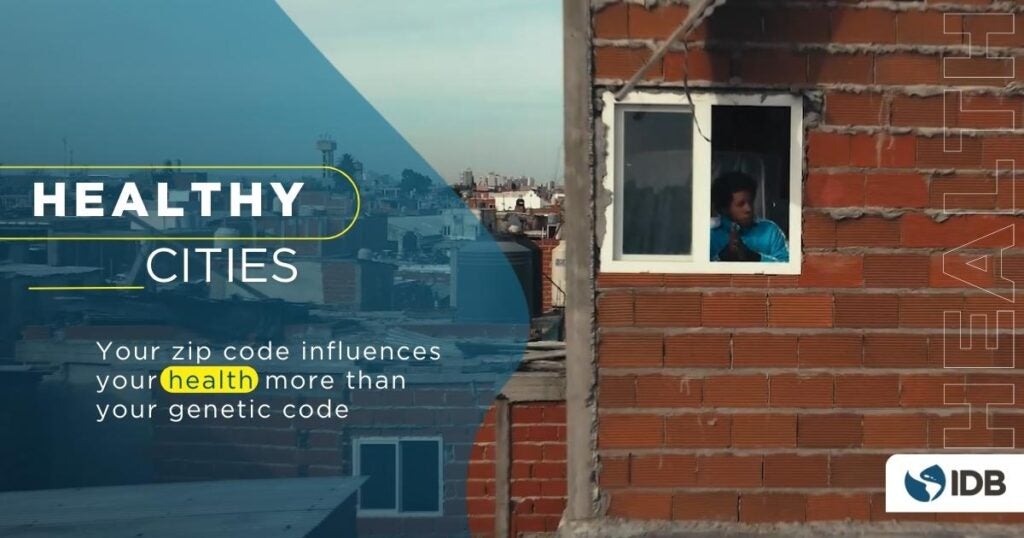Anyone who lives in a city knows the feeling of looking at the night sky and not seeing any stars. Not because they are not there, but because light pollution in many areas of our cities prevents us from perceiving them clearly. In truth, this may be one of the few disappointing consequences of having a good public lighting system, since the illumination of our cities plays a … [Read more...] about Towards a brighter future: the IDB Group’s commitment to street lighting
Urban society
The global economy is being urbanized, and Latin America and the Caribbean is not the exception, where 80% of the population lives in cities. Moreover, it is the region of the world with the highest proportion of inhabitants in megacities per country. It is estimated that by 2030 more than 100 million people will live in only six metropolises. How to improve the quality of life in the cities of the region? Learn more by reading our blog and downloading this publication.
The Promise and Risks of Artificial Intelligence in Latin America and the Caribbean’s Urban Development
Albert Einstein said: “the true sign of intelligence is not knowledge but imagination.” As artificial intelligence (AI) rapidly advances, it holds significant potential to revolutionize the housing and urban development (HUD) sector in Latin America and the Caribbean (LAC). However, an important question arises: Are we intelligent enough to take full advantage of the … [Read more...] about The Promise and Risks of Artificial Intelligence in Latin America and the Caribbean’s Urban Development
How to design a house considering the needs of people with disabilities?
Every day, many people find it difficult to move around their city, use public transportation, enter a building and even move independently in their own homes. Do you know why? Because the majority of public and private spaces are not accessible for people with disabilities. Building a housing stock that adapts to the needs of people with disabilities not only … [Read more...] about How to design a house considering the needs of people with disabilities?
How to measure urban poverty?: a multidimensional approach for segregated cities
For decades, the eradication of poverty has been the goal of Latin American and Caribbean countries. Even so, 32.1% of the population has an income below the poverty line and 13.1% below the indigence line. Measuring poverty is vital to eradicate it. Therefore, it is relevant to ask why the most widely disseminated data on poverty are based on income level despite the fact that … [Read more...] about How to measure urban poverty?: a multidimensional approach for segregated cities
Healthy Cities: your zip code influences your health more than your genetic code
A person's zip code affects their life expectancy more than their own genetic code. We often relate chronic diseases to habits such as diet, lack of physical exercise, smoking or heredity. However, the factor that most influences health is the environment in which we live and circumstances such as poverty, lack of decent housing, overcrowding, environmental safety or exclusion … [Read more...] about Healthy Cities: your zip code influences your health more than your genetic code





